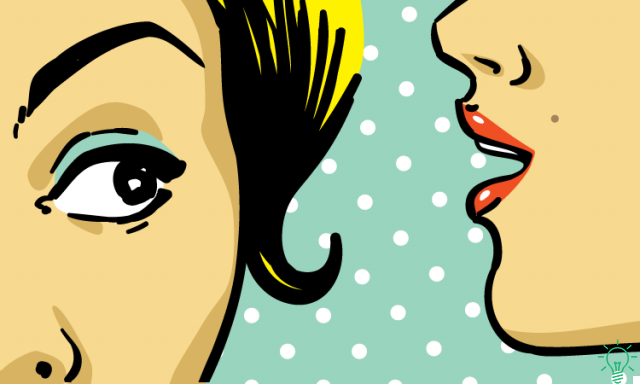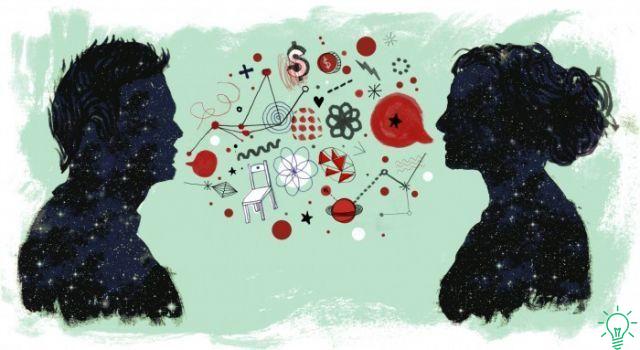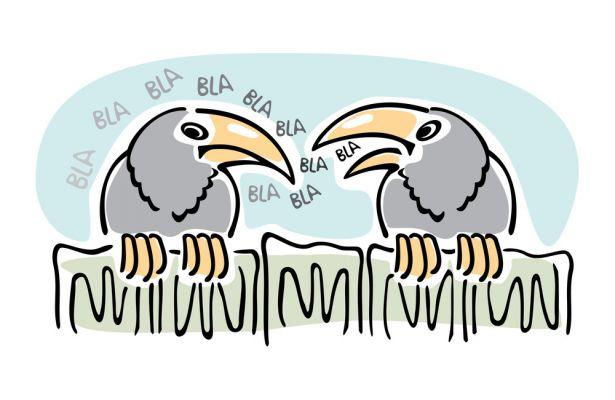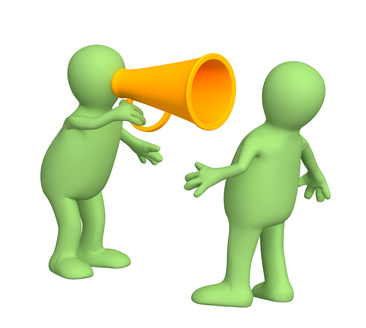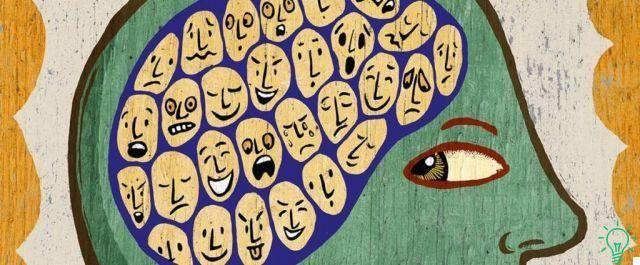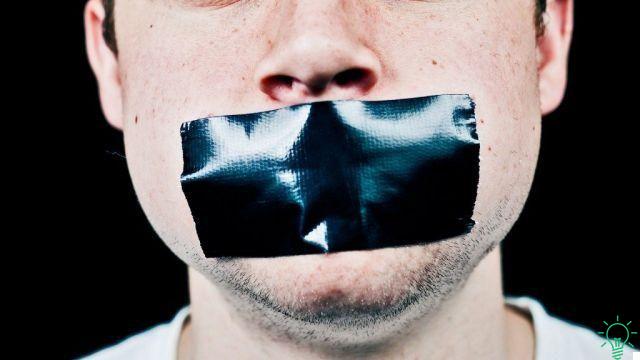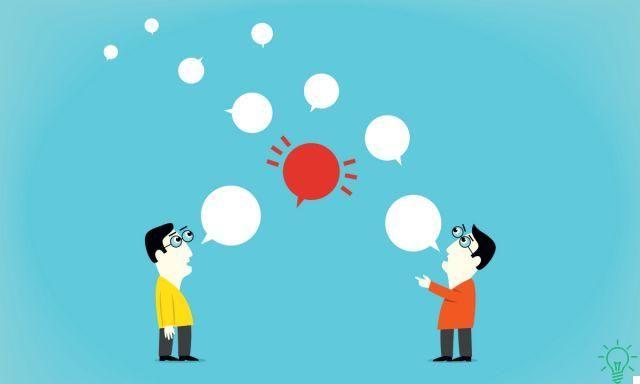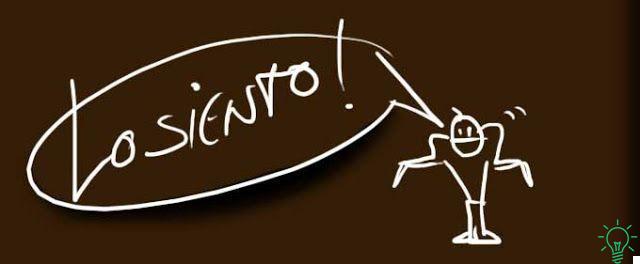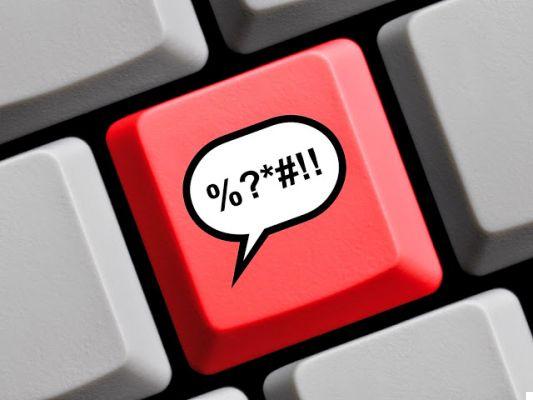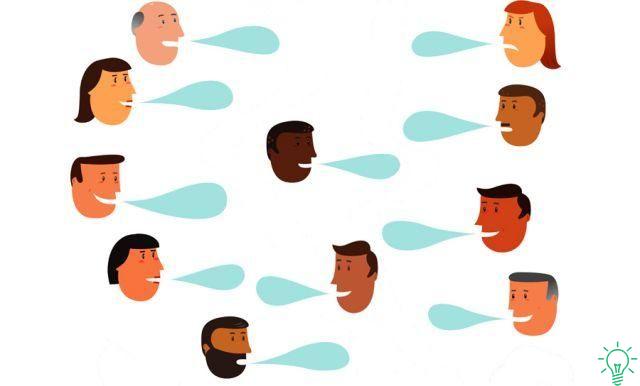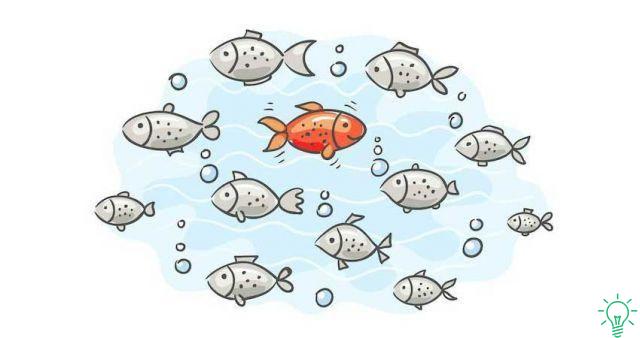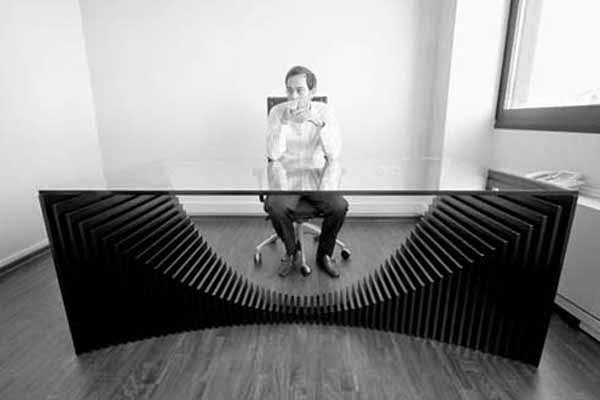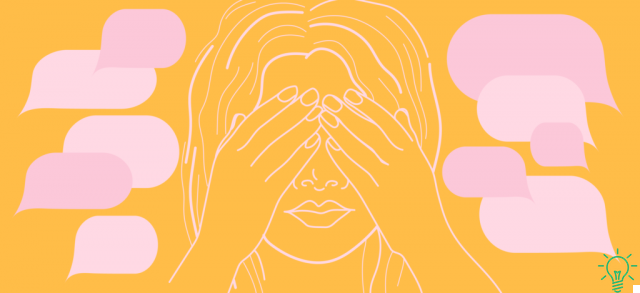
Small everyday frustrations, such as anger, disappointment, and contempt for petty things, can affect our emotional well-being and physical health more than life's big problems, a University of Houston study found. The problem is that these little frustrations build up until they saturate us and break our psychological balance. We are completely overwhelmed. The same happens with microaggressions in everyday life.
What are microaggressions?
An assault is harmful, usually intentional, behavior against another person to hurt them. Identifying physical attacks is simple, identifying psychological attacks is more complex because they hide behind more subtle behaviors, attitudes or words.
Micro-aggressions, by definition, are small, almost unconscious acts that we perform every day and to which we do not give much importance, but constant action ends up having a negative impact on the person being attacked.
They manifest themselves in the form of derogatory acts or comments - which are generally accepted socially - but which promote stereotypes or generate stigma about a person. Racist, sexist and classist comments are examples of micro-aggression in everyday life, but there are many others.
Do not sit next to someone on the subway because of their looks, interrupt women more than men when they talk thinking they have nothing interesting to say, think that someone is less intelligent because they have a different ethnic origin than ours, believe that who belongs to a more disadvantaged social class is a second-class citizen, are some examples of microaggressions in everyday life.
From direct attack to hidden offense, the types of microaggressions
There are two types of micro-aggression, according to Derald Wing Sue, a Columbia University psychologist born in the United States, but of Asian descent, who has suffered these micro-insults and offenses firsthand:
• Open microaggressions. They are direct attacks, words or actions that are intended to deliberately hurt or hurt the other person.
• Hidden microaggressions. These are camouflaged aggressions. Anyone who commits them does not see any bad intentions in them because they are the victim of stereotypes and prejudices which they reinforce through these attacks.
The problem with microaggressions is that, unlike hate speech, they are very difficult to detect because they are based on socially shared prejudices. Many times they do not manifest verbally, but they can be small, seemingly harmless actions. Sometimes they can even hide behind a compliment.
The subtle nature of micro-aggressions does not mitigate their negative impact on those who suffer from them, but rather makes them even more harmful because they are more difficult to fight and eradicate. In this way, microaggressions replicate and become so common on a daily basis that we fail to understand the true extent of the damage they cause to victims.
Why are micro-aggressions harmful?
There are those who think that micro-aggressions are not all that harmful. They think that the problem is not "the aggressor" but that the "victim" is too sensitive or takes things too seriously. However, it is necessary to put yourself in the place of the person who is suffering these micro-aggressions on a daily basis.
Sue, for example, states that many times, after giving a lesson, students approach him and not only congratulate him on the content of the lesson, but also on his perfect English. These kinds of comments, which are repeated several times, make him feel a stranger in his native country.
A series of experiments conducted at Princeton University revealed that when a person suffers micro-aggression in the context of a job interview, they make more mistakes, which becomes a self-fulfilling prophecy, limiting their chances of accessing the position.
The problem with micro-aggressions is that they start by creating a snowball that gradually turns into an avalanche. A subtle comment, a small gesture, an insignificant act turn into something bigger that ends up making the person feel different, strange or even inferior. Therefore, microaggressions end up causing invisible wounds that impact the self-esteem, mental health and sense of inclusion of people who do not meet certain social standards.
Indeed, it is not unusual for a person who is systematically subjected to micro-aggression to end up overreacting and totally disproportionate to a simple comment or joke in bad taste. In reality, that person is not reacting to this micro-insult but to all the years of micro-insults he has suffered. That comment was simply the straw that broke the camel's back.
How to fight microaggressions?
It is important to understand that stereotypes are strengthened through microaggressions and are replicated - sometimes unconsciously - in social interactions. Microaggression has a strong impact, both on the victim's subconscious and on the social subconscious. Therefore, it helps to reinforce prejudices and denigrate certain groups. This means that it shouldn't have a place in our interpersonal relationships.
If we suffer these micro-insults, we can respond with a micro-intervention. In other words, doing something that disarms microaggression and educates those who have done it.
If someone tells us something offensive, it is essential not to get defensive. It is important to start with the fact that no one is immune to inherited racial, sexual or gender bias. Neither do we.
This means that it is not necessary to get angry with that person, but to educate and point out these prejudices in a respectful way. Therefore, we must arm ourselves with patience and ask him exactly what he meant. We can take advantage of that moment to emphasize that his words hide a prejudice that can harm people.
In any case, we must be aware that one thing is what we think we believe and another what we truly believe. Identifying the stereotypes and prejudices we use when we relate to others will make us more sensitive and open people. Indeed, getting rid of microaggression will not only prevent us from harming others, but it is also beneficial for us because it will allow us to interact without preconceptions, which will greatly expand our view of the world.






